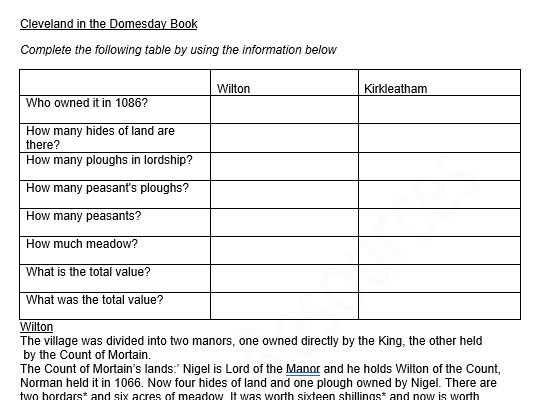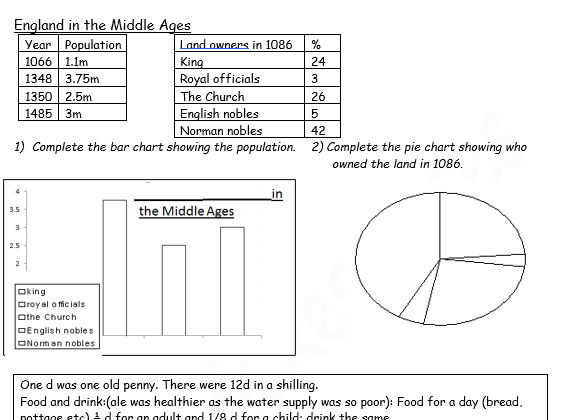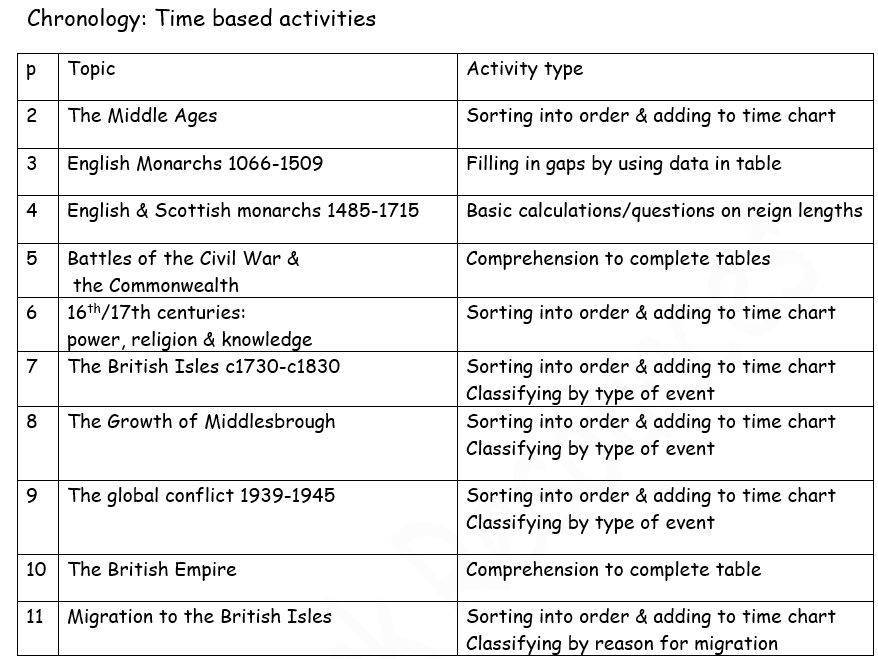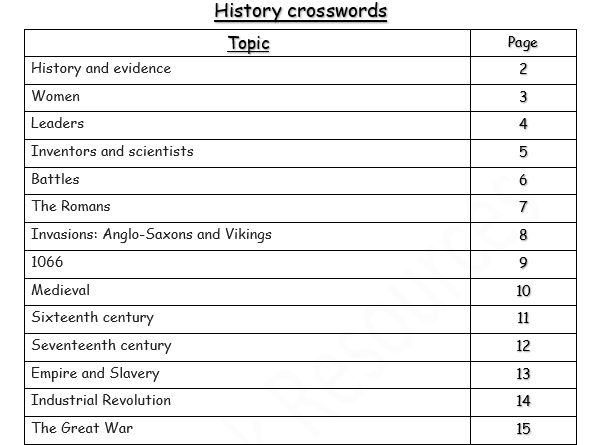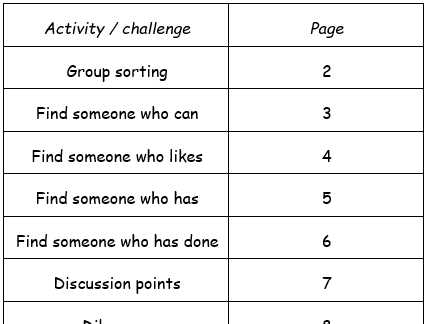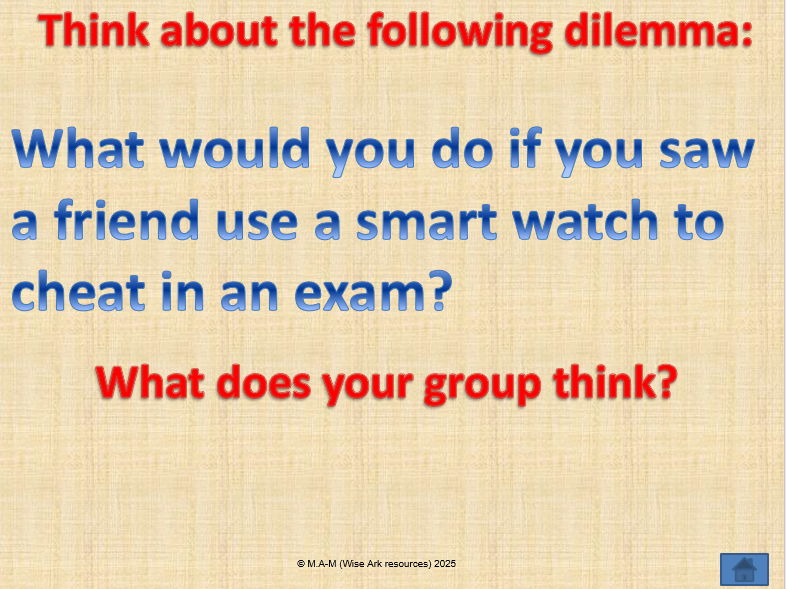Wise Ark Resources
WiseArk resources have been produced by a retired teacher, who previously ran a micro company. This specialised in resources for history teachers as well as tutor time -many of which are also suitable for use in citizenship/PSHE. I was a teacher for over 20 years so know from first-hand experience how engaged students can be when given challenges and puzzles.

